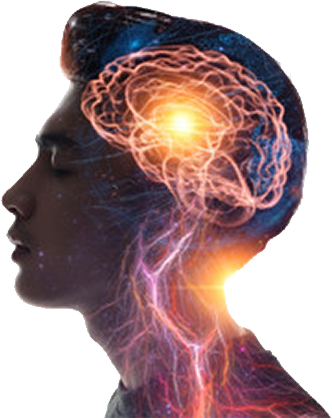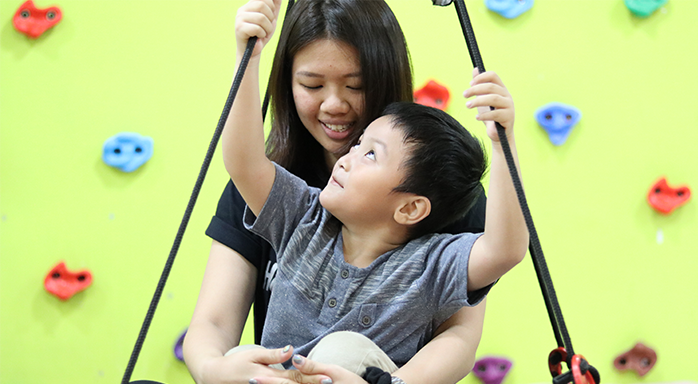Parents, the truth is… waiting for your child to “grow out of” learning, reading, or attention difficulties is not really an option. Learning struggles rarely go away with time. On the contrary, waiting and hoping a problem will go
Singapore Brain Development Centre
Our Location
1 GOLDHILL PLAZA #01-11 S(308899)
Blog


SCHEDULE A COMPLIMENTARY CONSULTATION
BLOG Articles
Every child grows and develops at their own pace, most achieve certain milestones like crawling, walking and uttering their first words at around the same age. When a child is not achieving the expected milestones on time, he is said to have developmental delays which can be worrisome.
Introduction Autism or Autism Spectrum Disorder (ASD) is a complicated neurodevelopmental condition that impairs communication, behaviour, and social interaction. Early intervention is
Introduction Attention Deficit Hyperactivity Disorder (ADHD) is a neurodevelopmental disorder characterized by symptoms of inattention, hyperactivity, and impulsiveness. These symptoms can significantly
Speech and language development are pivotal in a child's growth, influencing their ability to communicate, learn, and interact socially. This article summarises important events and the significance of speech and language therapy in Singapore.
Autism Spectrum Disorder (ASD) is a developmental disorder that affects communication, behavior, and social interaction. Understanding the nature of autism is the first step in empowering children with this condition.
Addressing "Dyslexia in Singapore" is crucial, as it affects a considerable number of children with learning challenges. It presents unique challenges in reading, writing, and spelling, often impacting a child’s academic performance and self-esteem. However, understanding dyslexia and employing effective strategies can significantly help children overcome these challenges.
Attention Deficit Hyperactivity Disorder (ADHD) is a neurodevelopmental condition affecting individuals of all ages, including children and adults. In Singapore, the understanding, diagnosis, and management of ADHD have become increasingly vital in recent years. This article explores ADHD in Singapore, emphasizing diagnosis trends and treatment results.
Dyslexia Treatment Programs in SG Introduction Dyslexia is a neurodevelopmental condition that affects reading, spelling, and writing abilities. Many individuals with dyslexia
Attention Deficit Hyperactivity Disorder (ADHD) is a neurodevelopmental disorder that affects both children and adults. In this article, we delve into the effectiveness of ADHD treatment in Singapore through a comprehensive long-term study. We'll explore various treatment approaches, including medication, behavioral interventions, and holistic methods.
The content provided is for educational and informational purposes only.










